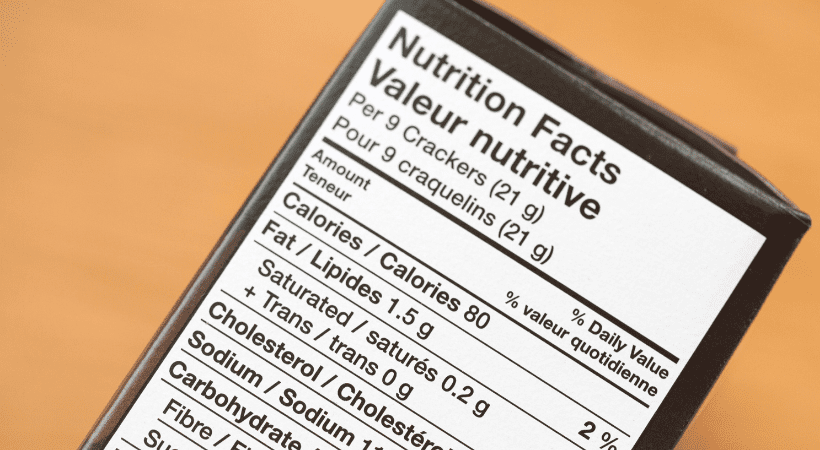Novel Alternative Proteins: Sustainable Healthy Plant Diets – Ashbury
Novel Alternative Proteins: Sustainable Healthy Plant Diets – Ashbury
The demand for alternatives to animal products is growing as consumers grow more concerned about their health and the environment.
In response to these consumers concerns and the need for sustainable diets, food industry leaders are developing a range of new products and ingredients using different plant-based and insect derived proteins. We will be delving into plant-based proteins in this blog, if you would like to read about insect proteins you can find the blog here.

What is a ‘sustainable healthy diet’?
According to the Food and Agricultural Organisation of the United Nations (FAO) ‘sustainable healthy diets’ are diets that are healthy; have a low environmental impact; are accessible, affordable, safe, and equitable; and are culturally acceptable.
The EU has already paved the way to sustainability within the food industry with the Farm to Fork strategy which aims to make food systems fair, healthy, and environmentally friendly, but what’s next?
Plant-based alternative proteins
Due to the consumer focus on a ‘sustainable healthy diet’ applications for novel protein alternatives have increased in the past years and the European Food Safety Authority (EFSA) has been working on scientific safety assessments for some of which we have recently had some positive outcomes.
Novel foods are those that have not been widely consumed by people in the UK or EU before May 1997, in other words they are foods that don’t have a ‘history of consumption’.
In some cases, foods have a history of safe use and have been used in the EU prior to 1997 however, when there is no evidence of consumption of their isolates, extracts or derivates from new production processes, they are considered novel. This was the case of the protein isolate from mung beans. An enquiry of the novel food status was considered by the Food Standards Agency (FSA) which concluded that the final product was different from the starting material and that there may be differences in exposure because of the concentration of the protein component therefore, regarded the mung bean protein isolate as novel.
On the 20th of October, EFSA published a new scientific opinion on the safety of mung bean protein as a novel food pursuant to Regulation (EU) 2015/2283. The EFSA Panel on Nutrition, Novel Foods and Food Allergens (NDA) concluded that the Novel Food, mung bean protein, was safe under the proposed conditions of use and intake levels.
The novel food is an isolate of mung bean (Vigna radiata) flour in which several processing steps reduce some of the fat and carbohydrate fractions. The resulting protein-concentrated powder has already been used in the US as a scrambled egg alternative however, it is also intended to be used as a food ingredient in a range of health food products, however, nutrition and health claim guidance will still apply.
EFSA has also concluded that individuals allergic to soybean, peanuts, lupin and to birch pollen, may experience allergic reactions to this novel food and therefore should avoid its consumption. According to European Regulation 1169/2011 on the provision of food information to consumers, legume seeds such as peanut, soybean and lupin are considered common allergenic foods and thus have to be labelled accordingly. Allergen labelling is more important than ever with the new Natasha’s Law now in place, if you need help understanding how to label allergens lawfully, our food labelling experts can provide clarity.
What’s next in plant-based alternative proteins?
The next step is for the European Commission (EC) to review EFSA’s scientific safety assessment on the mung bean protein. If the novel food is approved by the EC, it will then be added to the Union list of novel foods (Commission implementing regulation (EU) 2017/2470), where conditions under which the novel food may be used, and specific labelling requirements will be established.
To read more about what we can expect for the future of novel alternative proteins click here.
Are you developing a product that includes approved novel foods? Our regulatory advice and food label checking service can help to ensure you comply with current regulations; we have a team of highly knowledgeable food labelling consultants to ensure you are confident in the compliance of your products.
Similar Blogs:
Novel Alternative Proteins: what can we expect for the future
Novel Alternative Proteins: a path to sustainable healthy diets – Insect-derived
Next reads
The Peanut Diaries: School and Social Occasions
The Peanut Diaries: Navigating Social Events and Celebrations with Food Allergies
The Peanut Diaries: A Parent’s Journey to Uncovering their Child’s Allergy
Redefining Healthy: What the FDA’s New Rules Mean for Food Labels and Nutrition Claims
Keep up to date with our latest insights
Subscribe to our mailing list to stay in touch with the latest news, insights and updates from Ashbury





